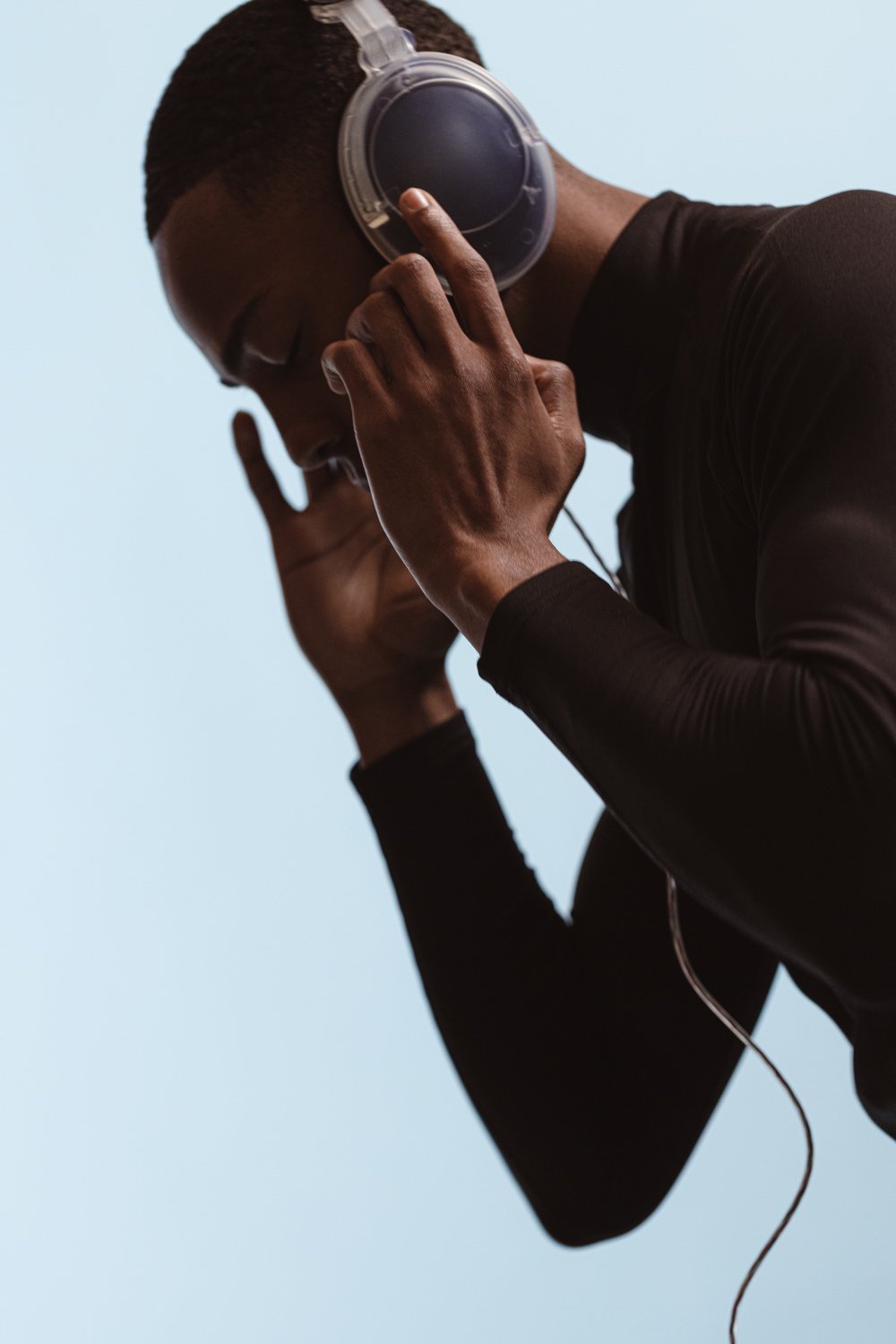SEYQUAN
FOR YOU, FOR ME - PART 2
Meet Seyquan, whose dancing enhances both his and our cognitive function through his rhythmic movement and artistic expression.
Scientific research has illuminated the profound benefits of dance, including its ability to enhance cognitive function in various parts of the brain, improve memory, and even promote neuroplasticity [our brain’s ability to change and create new neural pathways] (Hanna-Pladdy & Mackay, 2011; Rehfeld et al., 2018). Moreover, the physical demands of dance serve as a potent form of exercise, strengthening muscles, enhancing cardiovascular health, and fostering overall well-being (Koutedakis et al., 2018). ABOUT THE PROJECT
“FOR YOU, FOR ME” a 4-part character study exploring the phenomenon of mirror neurons and the unique ways we nourish ourselves.
Mirror neurons are a type of brain cell that fires both when an individual performs an action and when they observe someone else performing the same action. Essentially, they allow us to empathize and understand the actions, emotions, and intentions of others by mirroring their experiences in our own minds and bodies. As we get to know them, we get to know ourselves and vice versa.When we see someone taking care of themselves, such as engaging in self-care activities like eating, movement, beautifying etc, our mirror neurons come into play. Observing these actions triggers a similar neural response in our brains as if we were performing those actions ourselves. As a result, our brains produce a variety of neurochemicals that set off positive emotions and sensations in our bodies, such as pleasure, satisfaction, or even relief, as we vicariously share in the well-being and self-care of the other person.With this series, we highlight 4 unique stories of self-nourishment, with the knowing that as we watch each person express their own version of self care, we too experience it along with them. This phenomenon underscores the social nature of humans and highlights the importance of empathy and connection in our relationships. Witnessing others prioritize self-care not only fosters a sense of solidarity and support but also reinforces the value of taking care of oneself, prompting us to engage in similar behaviors for our own well-being. Ultimately, mirror neurons play a crucial role in shaping our social interactions. They guide our biological and emotional experiences, contributing to our ability to empathize and connect with others. This is what SnackTime is all about.A SnackTime Production
Director + Photographer - Anisha Sisodia
Narrative + Creative Director - Marley Frank
DP - Rachel Batasvatti
Wardrobe - Carolyn Son
Production Design - Milena Gorum
Video Editor - Justin HawkReferences: Rehfeld, K., Müller, P., Aye, N., Schmicker, M., Dordevic, M., Kaufmann, J., Hökelmann, A., Müller, N., Müller, P. L., Grefkes, C., & Fink, G. R. (2018). Dancing or fitness sport? The effects of two training programs on hippocampal plasticity and balance abilities in healthy seniors. Frontiers in Human Neuroscience, 12, 50Koutedakis, Y., Jamurtas, A. (2018). The dancer as a performing athlete: Physiological considerations. Sports Medicine, 39(6), 429–445.







